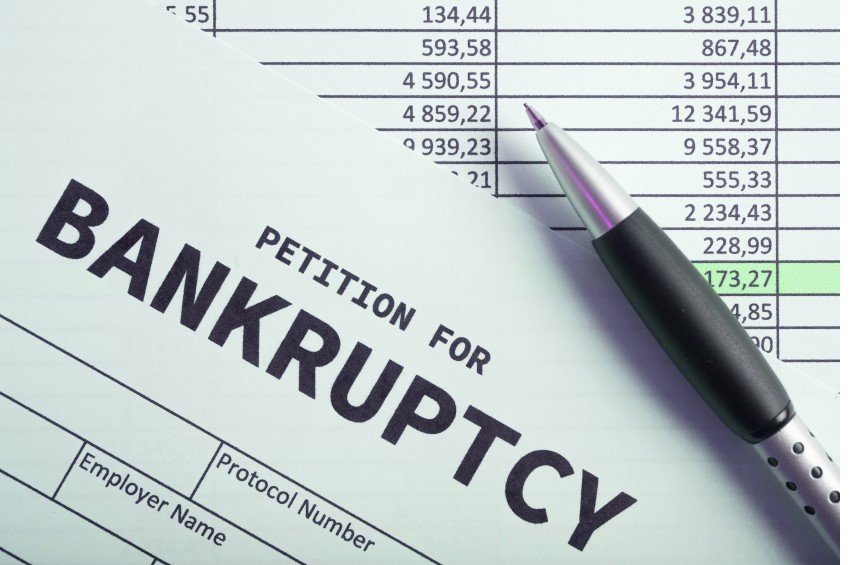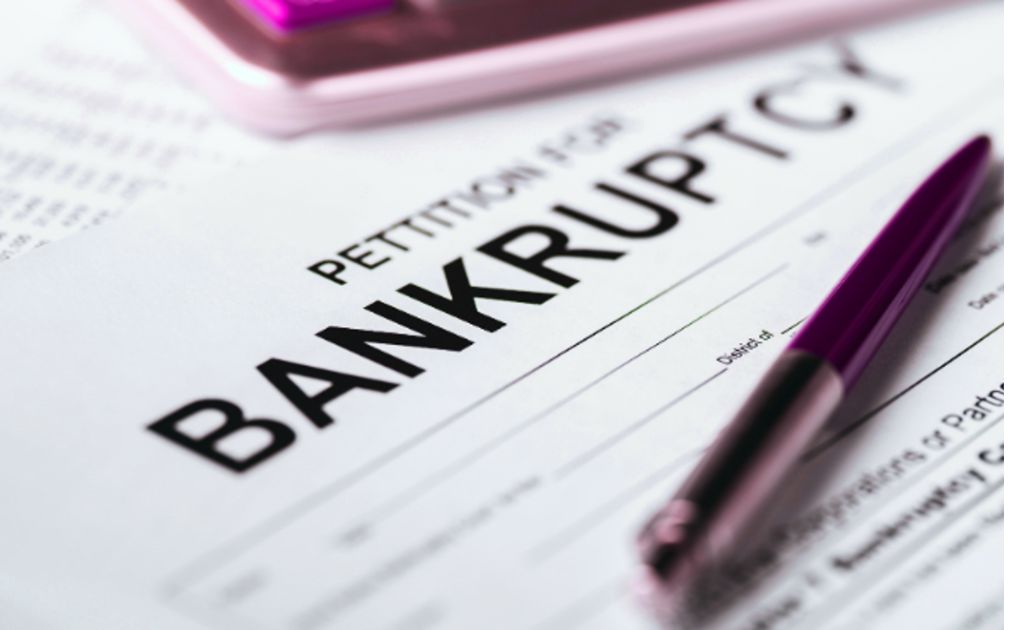Debt Management Solutions: Breaking the Cycle of Financial Strain

In today’s economic landscape, managing debt is a crucial aspect of personal finance. Debt can be a double-edged sword, offering financial flexibility but also carrying the risk of overwhelming financial burdens. This comprehensive guide aims to provide detailed insights into debt management solutions, empowering individuals to break free from the cycle of financial strain and achieve long-term financial well-being.
Contents
Understanding Debt
What is Debt?
Debt is a financial obligation that arises when one party borrows money from another with the promise of repayment, usually with interest. It can manifest in various forms, including credit card debt, student loans, mortgages, and personal loans.
Types of Debt
Secured Debt
Secured debt is backed by collateral, such as a house or car, which the lender can seize if the borrower defaults. Examples include mortgage loans and auto loans.
Unsecured Debt
Unsecured debt does not require collateral and is based solely on the borrower’s creditworthiness. Common examples include credit card debt and personal loans.
The Impact of Debt on Mental Health
Stress and Anxiety
Debt-related stress and anxiety are prevalent among individuals struggling to manage their financial obligations. The constant pressure of repayments, fear of creditor calls, and uncertainty about the future can significantly impact mental well-being.
Depression
Persistent debt can lead to feelings of hopelessness and depression. Individuals may experience a sense of being trapped in a cycle of financial hardship with no clear path to financial freedom.
Relationship Strain
Financial disagreements stemming from debt can strain personal relationships. Couples may experience conflicts and tension due to differing attitudes towards spending and saving.
Importance of Debt Management
Financial Stability
Effective debt management is crucial for achieving financial stability. By reducing debt burdens and adopting healthy financial habits, individuals can build a solid foundation for their financial future.
Improved Credit Score
Managing debt responsibly can lead to an improved credit score, enabling individuals to access loans, mortgages, and other financial products at favorable interest rates.
Peace of Mind
Breaking free from the burden of debt brings peace of mind and allows individuals to focus on their goals and aspirations without the constant worry of financial strain.
Read More: The Complete Estate Planning Guide: A Roadmap to Peace of Mind
Effective Debt Management Strategies
Budgeting
Creating a detailed budget helps individuals track income and expenses, identify areas for cost-cutting, and allocate funds toward debt repayment.
Prioritizing Debts
Prioritizing debts based on interest rates and balances allows individuals to focus on paying off high-interest debts first, saving money on interest payments over time.
Negotiating with Creditors
Negotiating with creditors for lower interest rates or flexible repayment terms can make debt more manageable and reduce financial strain.
Debt Consolidation
Consolidating multiple debts into a single loan with a lower interest rate can simplify repayment and lower monthly payments, making it easier to manage debt.
Seeking Professional Help
For individuals struggling to manage debt independently, seeking professional help from financial advisors or credit counselors can provide valuable guidance and support.
Tips for Successful Debt Management
Set Realistic Goals
Setting achievable goals for debt repayment helps individuals stay motivated and focused on their financial objectives.
Track Your Spending
Regularly monitoring and tracking spending habits enables individuals to identify areas where they can cut costs and redirect funds toward debt repayment.
Cut Unnecessary Expenses
Eliminating unnecessary expenses, such as dining out or subscription services, frees up additional funds for debt repayment.
Increase Your Income
Exploring opportunities to increase income, such as taking on a part-time job or freelancing, accelerates debt repayment and improves financial stability.
Stay Persistent and Patient
Managing debt requires persistence and patience. It’s essential to stay committed to the debt repayment plan and remain patient as progress may take time.
Read More: The Credit Crunch: Understanding How Debt Works
Conclusion
Effective debt management is a multifaceted process that requires careful planning, discipline, and perseverance. By understanding the impact of debt on mental health, prioritizing effective debt management strategies, and implementing practical tips for success, individuals can break free from the cycle of financial strain and work towards achieving financial freedom.
FAQs(Debt Management Solutions: Breaking the Cycle of Financial Strain)
What are the common types of debt?
Common types of debt include credit card debt, student loans, mortgage loans, and personal loans.
How does debt impact mental health?
Debt can lead to stress, anxiety, depression, and strain on personal relationships.
What is debt consolidation?
Debt consolidation involves combining multiple debts into a single loan with a lower interest rate, making it easier to manage payments.
Is seeking professional help for debt management necessary?
While some individuals may be able to manage their debt independently, seeking professional help from financial advisors or credit counselors can provide valuable guidance and support.
How long does it take to become debt-free?
The time it takes to become debt-free varies depending on factors such as the amount of debt, income level, and chosen debt repayment strategy.





